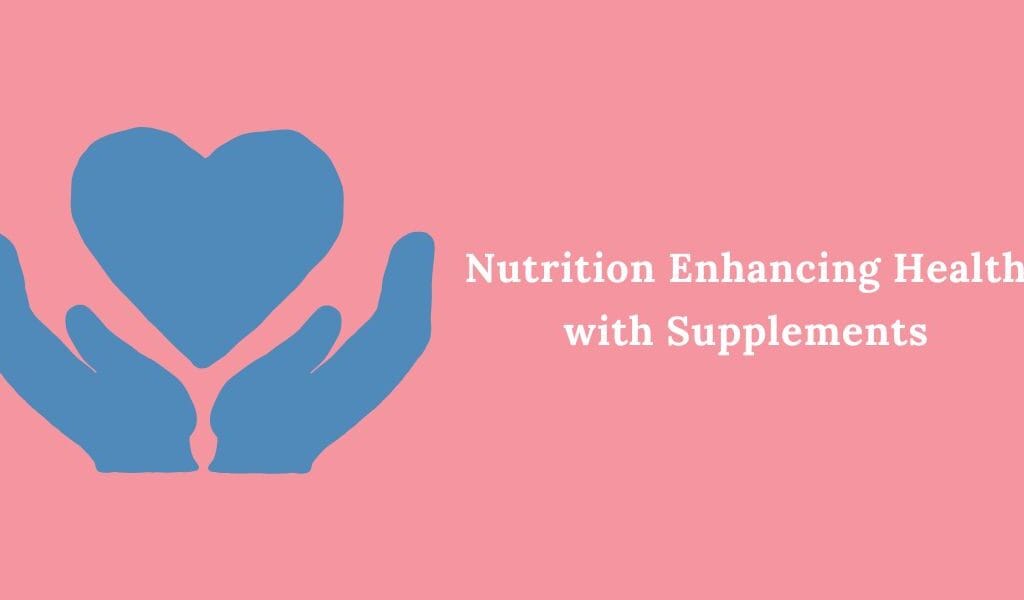Hey there, dear reader! Are you tired of feeling sick and sluggish all the time? Well, fear not, because I have just the solution for you. Introducing our comprehensive guide to health best practices, guaranteed to turn your health from sickly to strong in no time.
Health is such a crucial aspect of our lives, yet it often gets neglected in the hustle and bustle of daily life. But fret not, because we’re here to help you take charge of your well-being and make the necessary changes to live your best, healthiest life with these health best practices.
So buckle up and get ready to embark on this exciting journey towards a healthier, happier you. Get ready to say goodbye to sickness and hello to strength! Let’s do this!
Understanding Health Metrics
Paying attention to your nutrition, engaging in regular exercise, and prioritizing sufficient rest are key components. Remember, it’s not just about the numbers on the scale, but also about how you feel inside and out. Finding a balance that works for you and incorporating healthy habits into your daily health best practices can make a significant difference in your overall health.
Don’t forget to take care of your mental health too, as stress and anxiety can have a major impact on your physical well-being. Embrace these practices as a lifestyle, and you’ll be well on your way to feeling your best self.
Nutrition Essentials
To maintain a healthy diet, include a variety of colorful fruits and vegetables for essential vitamins and minerals. Also, include lean proteins like chicken, fish, and legumes for muscle growth. Whole grains, such as quinoa and brown rice, provide sustained energy.
Remember to stay hydrated by drinking enough water daily. This is crucial for overall health, as it regulates appetite, improves digestion, and boosts energy levels. Make conscious choices to nourish your body with the right nutrients for optimal health.
Effective Exercise Routines
A mix of cardio, strength training, and flexibility exercises can boost fitness. Cardio, like running or cycling, pumps the heart and boosts endurance. Strength training builds muscle increases metabolism, and improves bone density. Flexibility exercises, like yoga or stretching, improve mobility and prevent injuries.
Balancing different exercises is key to well-rounded fitness. Set realistic goals, listen to your body, and adjust your routine as needed. Consistency is crucial – aim to exercise regularly, whether it’s a daily walk, a weekly dance class, or bi-weekly weightlifting sessions. Enjoyable and sustainable activities are important for long-term success. Effective exercise routines can make you feel stronger, more energized, and improve your overall well-being.
Rest and Recovery Tips
Rest days are important for allowing muscles to repair and grow stronger, which helps prevent overuse injuries. Quality sleep is also crucial for rest and recovery. Aim for 7-9 hours of sleep each night to support the body’s healing processes and mental clarity. In addition to sleep, relaxation techniques like deep breathing, meditation, or gentle stretching can help reduce stress and promote relaxation.
Hydration is also vital for rest and recovery. Drinking enough water helps flush out toxins, aid in digestion, and maintain bodily functions. Including hydration in your recovery strategy supports cellular processes and overall health. By taking time to rest, prioritize sleep, and hydrate effectively, you can improve your body’s ability to recover and perform at its best.
Mental Well-Being Techniques
Maintaining mental well-being is essential for overall health, and there are several techniques that can help manage stress, anxiety, and improve emotional resilience. One effective method is mindfulness, which involves being present in the moment and acknowledging thoughts and feelings without judgment. Regular mindfulness practices, such as meditation or deep breathing exercises, can reduce stress levels, enhance focus, and promote relaxation. Incorporating mindfulness into your daily routine allows you to better manage life’s challenges and maintain a sense of calm and balance.
Another powerful technique for mental well-being is regular physical activity. Exercise releases endorphins, often referred to as “feel-good” hormones, which help reduce symptoms of anxiety and depression. Engaging in activities like yoga, walking, or any form of movement that you enjoy can significantly improve your mood and overall mental health. Additionally, prioritizing sleep, building strong social connections, and practicing gratitude are all important strategies that contribute to emotional well-being and help create a positive, fulfilling life.
Incorporating Healthy Habits
Taking care of your body and mind involves more than just physical health. Adding exercise, healthy eating, and enough rest to your daily routine can help you stay healthy. Incorporating mindfulness, managing stress well, and doing things that make you happy are important for a healthy lifestyle.
Building strong social connections, spending time outdoors, and enjoying hobbies you love can lead to a balanced life. Remember, making small changes can greatly improve your health best practices.
Overview
So there you have it folks, a little taste of the countless ways you can improve your health and well-being. From daily exercise to mindful eating, from proper hydration to adequate sleep, the possibilities are endless.
Remember, it’s all about finding what works best for you and creating a routine that you can stick to. So go ahead, give some of these tips a try and see how they can transform your life.
Your body will thank you for it, and who knows, you may just discover a whole new version of yourself in the process. Stay curious, stay active, and above all, stay healthy.
Here’s to a happier, healthier you!

